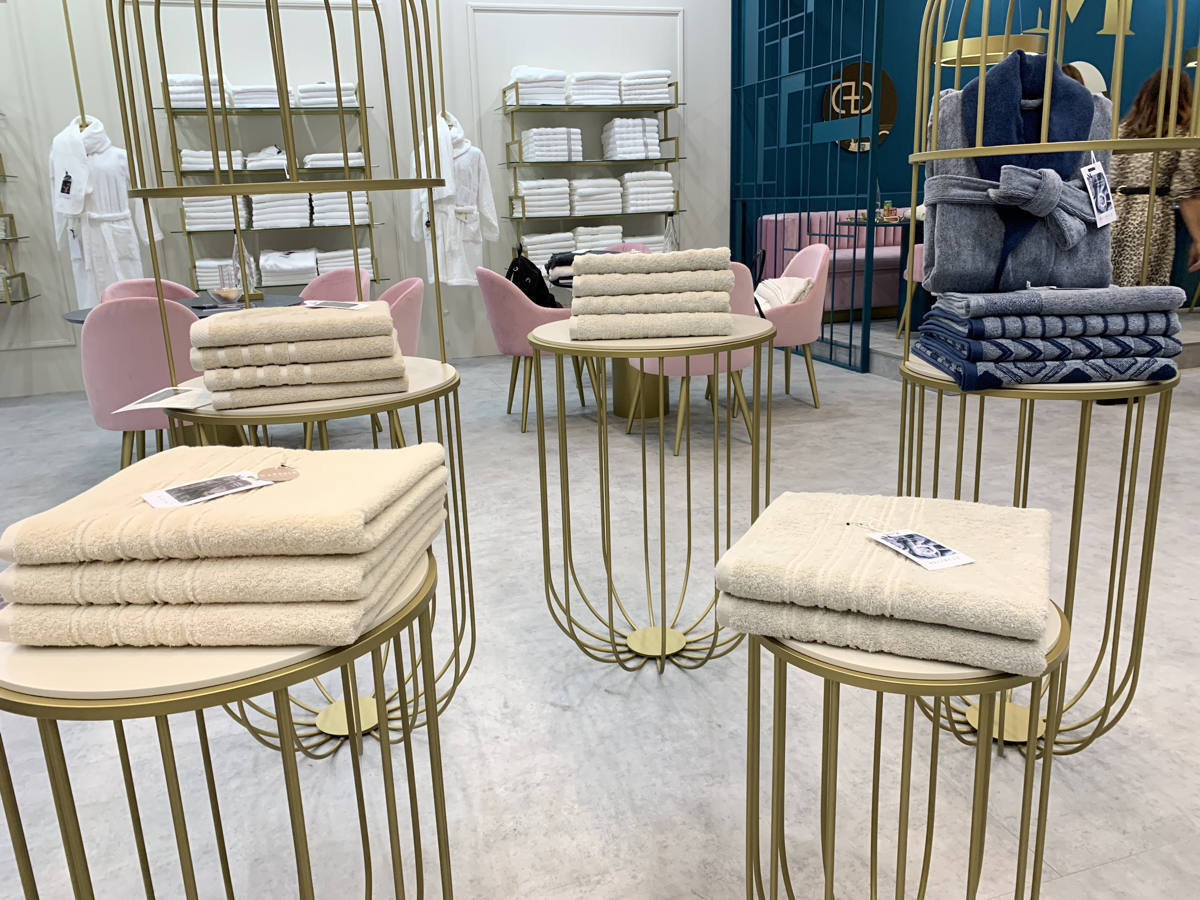
Eco-Friendly Comfort: Sustainable Home Textiles
As the world turns towards eco-conscious living, sustainable home textiles have become a forefront choice for those seeking comfort with a conscience. Explore the realm of eco-friendly materials and practices that shape sustainable home textiles, providing a greener and healthier touch to your living spaces.
The Shift Towards Sustainable Practices
Sustainable home textiles mark a departure from conventional production methods. Manufacturers are increasingly adopting eco-friendly practices that focus on reducing environmental impact. This shift includes using organic raw materials, implementing energy-efficient processes, and minimizing waste generation, contributing to a more sustainable and ethical textile industry.
Organic Cotton: A Pillar of Sustainability
At the heart of sustainable home textiles lies organic cotton. Grown without synthetic pesticides and fertilizers, organic cotton minimizes the environmental impact associated with conventional cotton farming. Choosing textiles made from organic cotton ensures a healthier environment, promotes biodiversity, and supports sustainable farming practices globally.
Linen: Timeless Elegance with Low Environmental Impact
Linen, derived from the flax plant, is a timeless and eco-friendly choice for home textiles. Flax cultivation requires minimal water and pesticides, making linen a low-impact and sustainable fabric. Linen textiles not only add an elegant touch to home decor but also contribute to a more sustainable and resource-efficient textile industry.
Bamboo: A Versatile and Renewable Resource
Bamboo textiles have gained popularity for their sustainability and versatility. Bamboo is a fast-growing plant that requires minimal water and no pesticides. The fibers extracted from bamboo can be spun into soft and durable textiles. From sheets to towels, bamboo home textiles offer a comfortable and eco-friendly alternative.
Recycled Materials: Closing the Loop
Embracing the circular economy, many sustainable home textiles incorporate recycled materials. Fabrics made from recycled polyester, reclaimed cotton, or post-consumer plastic bottles reduce the demand for new raw materials and divert waste from landfills. These recycled textiles exemplify the concept of closing the production loop for a more sustainable future.
Hemp: Strong and Sustainable Fibers
Hemp is an eco-friendly textile choice known for its strength and durability. Hemp plants require minimal water and grow rapidly, making them a sustainable resource. Hemp textiles not only boast natural antibacterial properties but also become softer with each wash, providing longevity and reducing the need for frequent replacements.
Wool: Natural and Biodegradable Comfort
Sustainably sourced wool remains a classic choice for home textiles. Ethical and responsible sheep farming practices ensure the well-being of animals and promote sustainable land management. Wool is a natural insulator, providing warmth in winter and breathability in summer. Additionally, wool textiles are biodegradable, contributing to reduced environmental impact at the end of their life cycle.
Natural Dyes: Vibrant Hues Without Harm
The use of natural dyes in sustainable home textiles is gaining momentum. Unlike conventional synthetic dyes, natural dyes are derived from plants, fruits, and other organic sources. By avoiding harmful chemicals, these dyes reduce water pollution and environmental damage, ensuring that your home textiles contribute positively to both aesthetics and environmental preservation.
Fair Trade Practices: Empowering Communities
Sustainable home textiles often adhere to fair trade principles. Manufacturers embracing fair trade practices ensure that workers involved in the production process receive fair wages, work in safe conditions, and have access to social benefits. Supporting home textiles with fair trade certifications contributes to the well-being of communities and fosters a more equitable global textile industry.
Consumer Awareness and Responsible Choices
The journey towards sustainable home textiles is incomplete without the active involvement of consumers. By staying informed about sustainable options, understanding certifications, and making responsible choices, consumers play a vital role in encouraging the growth of the sustainable textile industry. Making mindful choices contributes to a collective effort towards a more sustainable and ethical home.
In conclusion, sustainable home textiles represent a conscious choice that aligns comfort with environmental responsibility. From organic cotton to recycled materials, these textiles offer a diverse range of options for those seeking a greener and more sustainable approach to enhancing their living spaces.



